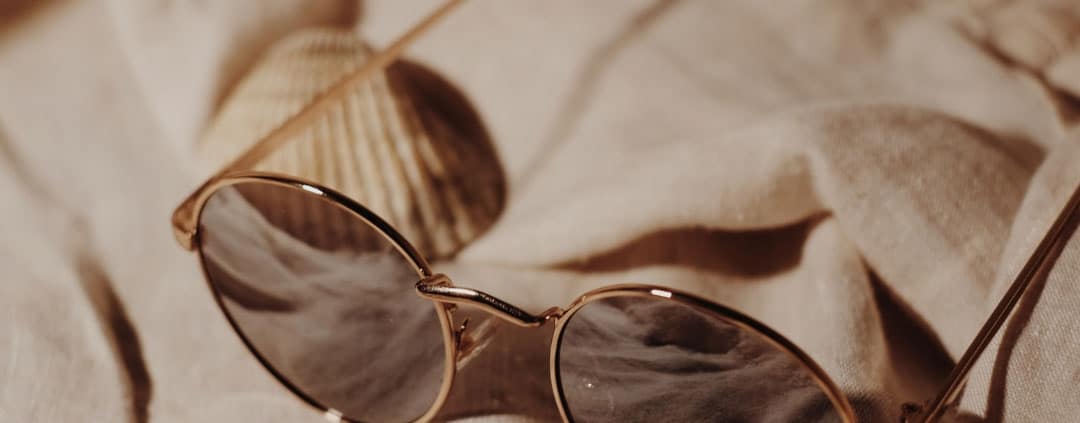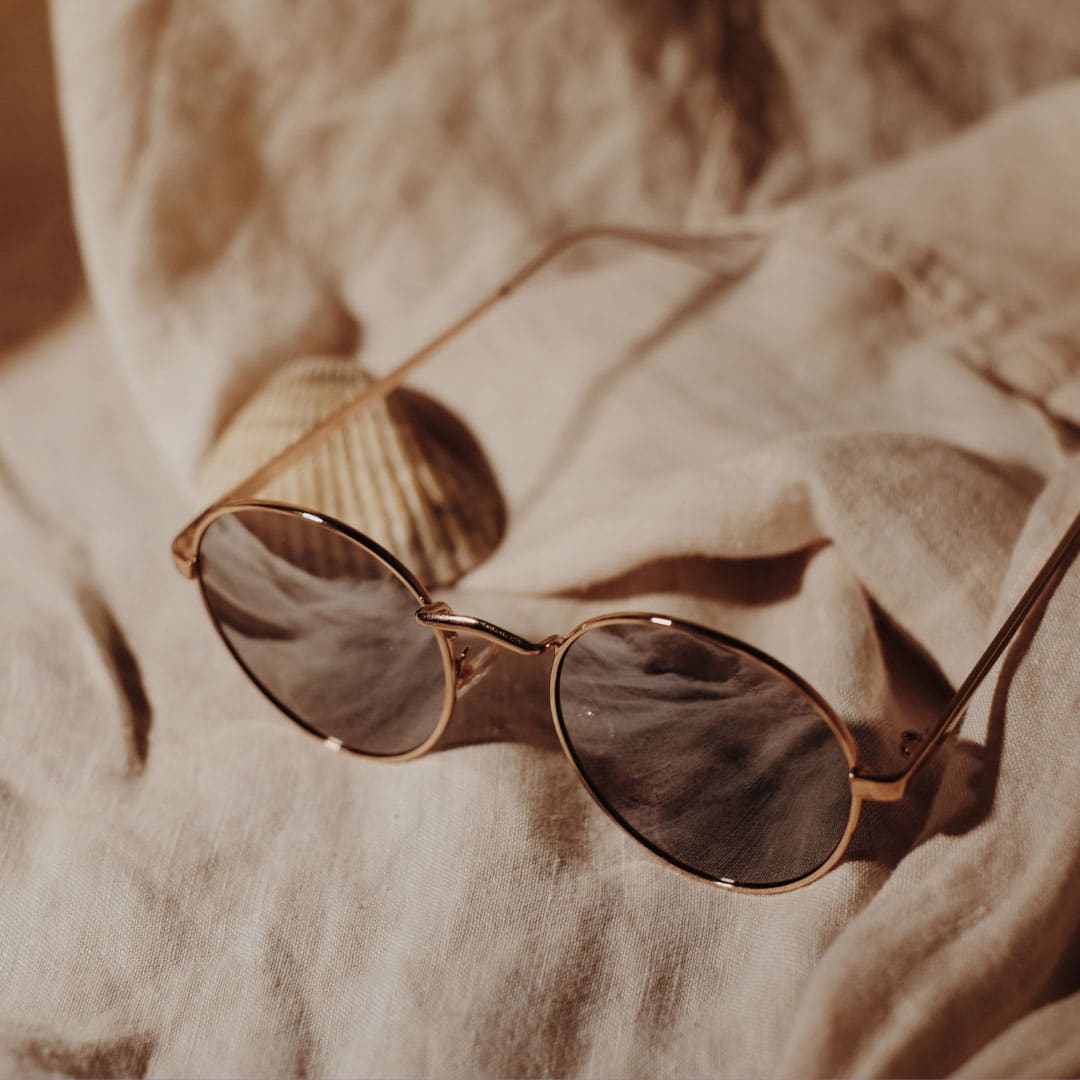Macular Degeneration Prevention 101: The Role of Ultraviolet Protection
May is Ultraviolet Awareness Month, an initiative aimed at educating people about the importance of protecting their skin and eyes from the harmful effects of UV radiation. As a low vision doctor, I would like to take this opportunity to talk about how UV-protection plays a critical role in preventing macular degeneration.
Macular degeneration is a common eye condition that affects millions of people worldwide. It is a progressive disease that affects the macula, the part of the eye responsible for central vision. As the disease progresses, it can lead to a loss of central vision, making it difficult to perform everyday tasks such as reading, driving, and recognizing faces.
There are two types of macular degeneration: dry and wet. Dry macular degeneration is the more common type caused by the buildup of debris called drusen in the macula. Wet macular degeneration is less common and is caused by the growth of abnormal blood vessels in the retina, which leak blood and fluid into the macula.
While there is no known cure for macular degeneration, there are several ways to reduce the risk of developing the disease or slowing its progression. One of the most effective ways to do this is by wearing UV protection.
UV radiation is a type of energy that comes from the sun and can also be emitted by artificial sources such as tanning beds. UV radiation can cause damage to the skin and eyes, and prolonged exposure to UV radiation is a known risk factor for macular degeneration.
Studies have shown that people who spend a lot of time outdoors without adequate UV protection are at a higher risk of developing macular degeneration. This includes the activities that you may normally attribute to protecting yourself from UV rays, like swimming and tanning, as well as activities like fishing, boating, and winter sports. The UV rays reflect off of the water or snow and can cause oxidative stress and damage to the cells in the retina, including the macula.
To protect your eyes from the harmful effects of UV radiation, it is important to wear sunglasses that provide 100% UV protection. Look for sunglasses that are labeled “UV 400” or “100% UV protection.” This will ensure that the sunglasses block both UVA and UVB radiation.
It is also important to wear sunglasses even on cloudy days, as UV radiation can penetrate clouds and still reach your eyes. Additionally, wearing a hat with a brim can provide additional protection from UV radiation.
As a low vision doctor, I encourage my patients to prioritize their eye health by taking steps to reduce their risk of developing macular degeneration. Wearing UV protection is one of the most effective ways to do this, and it’s a simple step that can have a significant impact on your eye health.
For my peers in the healthcare industry, I encourage you to educate your patients about the importance of UV protection and to incorporate discussions about UV protection into your routine eye exams. Many people are not aware of the risks associated with UV radiation, and by raising awareness, we can help reduce the number of people who develop macular degeneration.
As far as Low Vision Centers of North Carolina, we do not offer treatments for macular degeneration, but we do offer sunglasses. We also offer low vision glasses for people so that patients can find ways to continue to participate in daily life and activities, even if other types of glasses no longer provide the vision support required.
As we observe Ultraviolet Awareness Month, let us all make a commitment to protect our eyes from the harmful effects of UV radiation. By wearing sunglasses with 100% UV protection and taking other steps to reduce our exposure to UV radiation, we can reduce our risk of developing macular degeneration and preserve our vision for years to come.
It’s never too late to start taking steps to protect your eyes from UV radiation. Whether you’re young or old, healthy, or already experiencing vision problems, wearing UV protective eyewear can help prevent further damage to your eyes and reduce your risk of developing macular degeneration. So, make sure to wear your sunglasses and stay safe in the sun!
Excerpt/Snippet: May is Ultraviolet Awareness Month, an initiative aimed at educating people about the importance of protecting their skin and eyes from the harmful effects of UV radiation.




